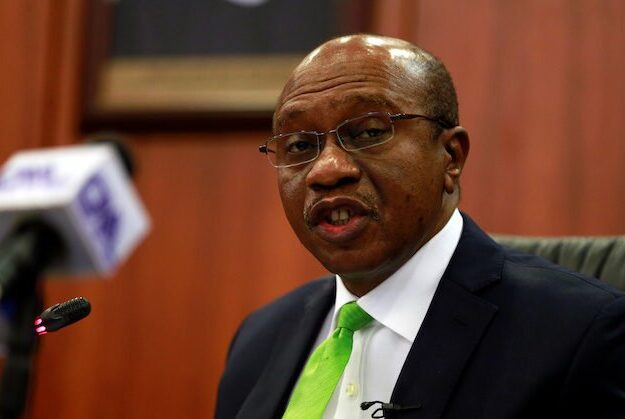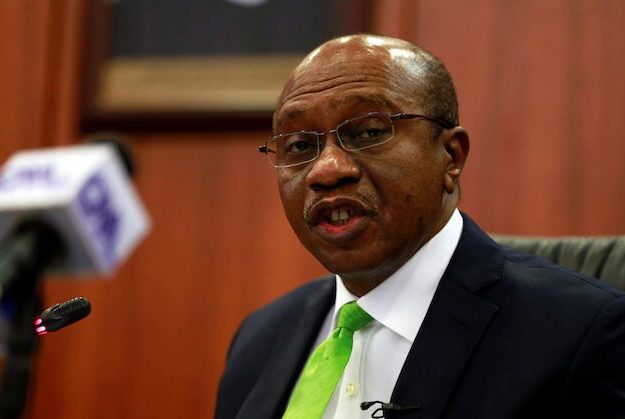
By Uche Amunike
In a bid to control inflation, there is a tendency that there would be a reduction on the pressure on the Nigerian currency, as the Central Bank of Nigeria (CBN) raises its interest rate to 15.5%, which is the highest it has ever been since 2006, when the rate was introduced.
Inflation rose from 19.64% in July to 20.52% in August, which is the highest it ever went in 17 years. Resultantly, the Naira weakened to N720 to 1$ at the parallel market, causing a big gap between the black market and the official market at over 65%, making it the highest in 6 years.
As the CBN raises interest rates presently, believing it is a move that will reduce money supply in the economy and rein in inflation, analysts disagree completely, as they believe that the raise will likely slow down economic growth. They argued that the increased interest rate will end up raising the cost of borrowing for businesses and increase costs of goods and services.
According to an Economist, Tope Fausa, just before the CBN raised interest rates: ‘We have raised rates by 250 basis points in the last two meetings but inflation has surged further. This means that our own inflation is not tightly linked with interest rates and may recede in its own time.’
He reiterated that increasing the rates further would only end up punishing local industries that not only borrow locally, but also struggle to achieve previous levels of production post COVID 19. He advised that the CBN and the Monetary Policy Committee (MPC) should be tactful about raising rates ad infinitum, as their margins are always so high.
This year alone, the CBN raised interest rates by four points cumulatively. The decision taken by the apex bank’s MPC, Tuesday, was the third time in a row that the bank would raise its interest rate. It was a decision, which was collectively reached by members of the MPC.
His words: ‘The MPC noted that a tight policy stance would help consolidate the impact of the last two policy rate hikes, which is already reflected in the slowing growth rate of money supply. It also felt that an aggressive rate hike would slow capital outflows and likely attract capital inflows and appreciate the naira currency.’ He did not rule out further hikes.
Some other analysts were also shocked as the CBN raised interest rates at this time, having earlier predicted a smaller raise of 0.5% points.
A Professor of capital market at the Nasarawa State University, Umhe Uwaleke, on his part, stated that he would have advised the CBN to hold the previous rate of 14%. Hear him: ‘This is because the major drivers of inflation in Nigeria today are cost-push related rather than demand-pull.Furthermore, policy tightening may not really tame inflationary pressures that are stemming more from high cost of energy and negative impact of insecurity on food output. Any hike in rate at this time will hurt output growth through higher cost of lending to SMEs.’
The CBN further raised the reserve requirements for banks to park excess liquidity by increasing the Cash Reserve Ratio to 32.5% from 27.5%. Emefiele posited also, that banks that do not increase their reserves would be barred from the foreign exchange market from Friday.







